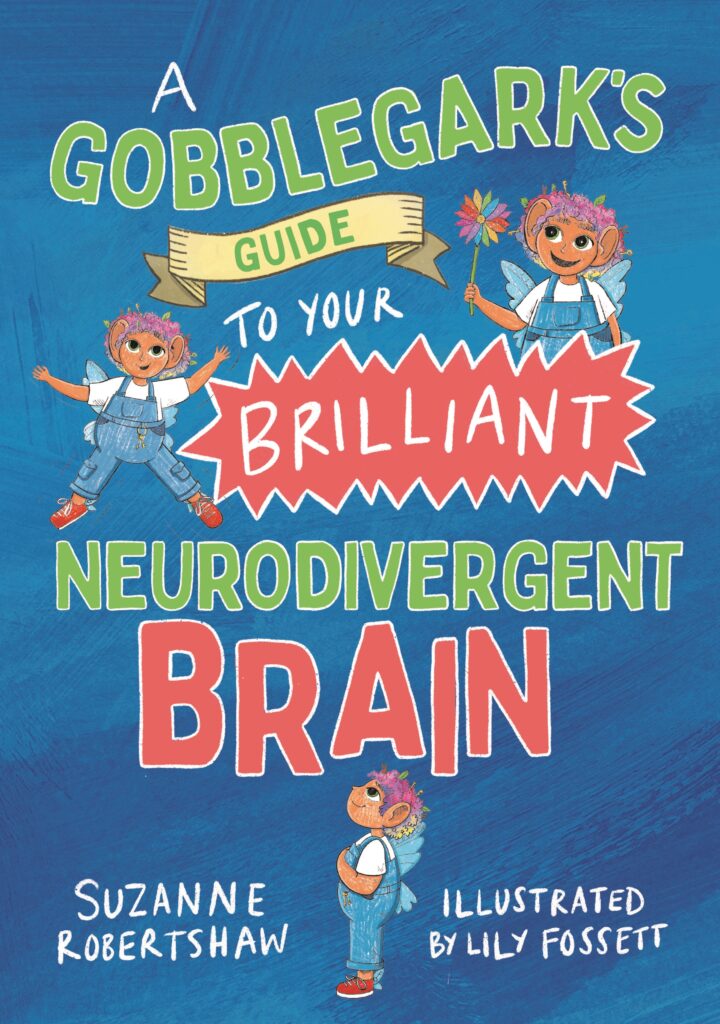The Department for Education recently published estimates that, as of January 2023, around 86,200 children are being home educated.
That’s a staggering amount which has, undoubtedly, grown post-pandemic.
There are many reasons why parents have elected to school their children at home. But the underlying theme is they feel that they don’t fit in. Or rather, the system of education which is still designed to fit a very rigid set of criteria, does not fit the wide range of brains – known as ‘neurodiversity’, we now know to exist.
So, how does this show up in school settings and what are the long term prospects for neurodivergent children?
Although I work as a SENCO in a school for international students, over the years, I have tutored and coached many British neurodivergent students who have felt let down and unsupported by the system.
At first, I didn’t think there would be much demand for this service. But, in a short space of time, I was inundated by requests from desperate parents to help their children.
My teacher training in dyslexia and ADHD showed me that it doesn’t take much to adapt your teaching methods to be inclusive to many styles of learning. There are many benefits of inclusive practice: Its costs are minimal-free, it can be really fun and creative to teach, it provides the young person with a real sense of agency over their own learning, which ultimately creates lasting self-confidence.
Unfortunately, the school systems currently in place put teachers under a lot of strain. Mountains of paperwork and constant scrutiny with school inspections can diminish the light of even the most enthusiastic of teachers. Added to that, the pressure to deliver a curriculum (that is solely focused on the ultimate ‘goal’ of passing exams) to oversized classes can make it almost impossible for any child with a neurodivergent brain to flourish.
Recently, my own son was screened by his school for dyslexia and ADHD. In my role, I feel that I should have noticed the signs as he was growing up. From a perennial rejection of books and reading in general, to a familiar and exhausting pattern of meltdowns over homework and revision. How could I have missed it? But then, as I can assure many parents, it is so easy to normalise everything you see.
I feel I am constantly being pulled in 2 directions. Assure him that his brilliant-thinking brain, his quick wit, his ability to find creative solutions will be enough to put him on a path to a glittering future.
Or keep trying to find ways to help him ‘jump through the hoops’ of passing his GCSE exams so that he can get into a college and be accepted into employment.
It takes a brave parent to believe in something different. It takes a braver parent to home school their child. But I would bet my house that those children are happier. And I am also sure that they are probably learning more than their neurodivergent counterparts still sat behind a desk for 6 hours a day.
So, what is the answer?
Despite all my frustrations with the current education system, I have a lot of hope for the future.
Firstly, many companies such as Microsoft and GCHQ are actively searching for and hiring neurodivergent individuals because they recognise how their different-thinking abilities can be a huge asset.
Secondly, getting a university degree is no longer the guarantee into long-term, secure employment that it used to be. The market is saturated with graduates, so you really need to stand out from the crowd and offer something else.
Finally, the world of education is changing and a little thing call AI is going to revolutionise the world as we know it. Technology is producing new apps that can help those who previously struggled in a traditional classroom setting by supplying accessible ways to learn that suit a variety of brains. That doesn’t mean that teachers will be replaced, but it does mean that young people will be able to tap into new and creative ways of learning. AI also means, that teachers will be able to reduce the amount of time they spend on planning and marking and be able to devote more of their energy towards teaching in creative and inclusive ways.
Who knows what the future holds.
Thanks to social media, awareness of neurodivergence is growing exponentially. Schools cannot continue with their current ‘this is how we teach the majority and here’s a teaching assistant to help the few who may struggle’ approach.
I wholeheartedly believe that in my lifetime, change will happen and those who have been forced onto the periphery of the education system will finally feel included and be allowed to thrive.

Suzanne Robertshaw is the author of A Gobblegark’s Guide to Your Brilliant Neurodivergent Brain.
She has been a teacher for 23 years and mentored young people with learning differences since 2015.
Suzanne also writes about learning differences for ADDitude magazine, provides private consultancy services to parents with ADHD kids and has a Post-graduate degree in Dyslexia Research and Practice.